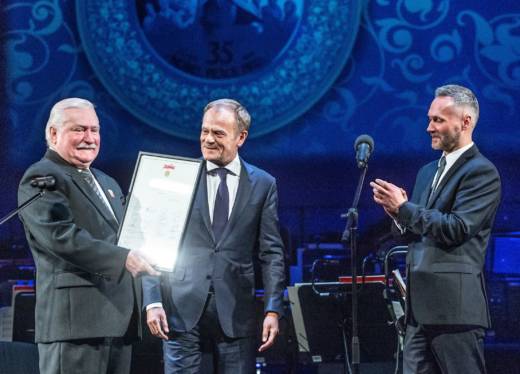Nobel Prizes are the most prestigious awards on the planet but the aura of this year’s announcements has been dulled by questions over why so few women have entered the pantheon, particularly in the sciences.
The march of Nobel announcements begins Monday with the physiology/medicine prize.
Since the first prizes were awarded in 1901, 892 individuals have received one, but just 48 of them have been women. Thirty of those women won either the literature or peace prize, highlighting the wide gender gap in the laureates for physics, chemistry and physiology/medicine. In addition, only one woman has won for the economics prize, which is not technically a Nobel but is associated with the prizes.
Some of the disparity likely can be attributed to underlying structural reasons, such as the low representation of women in high-level science. The American Institute of Physics, for example, says in 2014, only 10 percent of full physics professorships were held by women.
But critics suggest that gender bias pervades the process of nominations, which come largely from tenured professors.
“The problem is the whole nomination process, you have these tenured professors who feel like they are untouchable. They can get away with everything from sexual harassment to micro-aggressions like assuming the woman in the room will take the notes, or be leaving soon to have babies,” said Anne-Marie Imafidon, the head of Stemettes, a British group that encourages girls and young women to pursue careers in science, technology, engineering and mathematics.
“It’s little wonder that these people aren’t putting women forward for nominations. We need to be better at telling the stories of the women in science who are doing good things and actually getting recognition,” she said.
Powerful men taking credit for the ideas and elbow grease of their female colleagues was turned on its head in 1903 when Pierre Curie made it clear he would not accept the physics prize unless his wife and fellow researcher Marie Curie was jointly honored. She was the first female winner of any Nobel prize, but only one other woman has won the physics prize since then.
More than 70 years later, Jocelyn Bell, a post-graduate student at Cambridge, was overlooked for the physics prize despite her crucial contribution to the discovery of pulsars. Her supervisor, Antony Hewish, took all of the Nobel credit.
Brian Keating, a physics professor at the University of California San Diego and author of the book “Losing the Nobel Prize: A Story of Cosmology, Ambition, and the Perils of Science’s Highest Honor,” says the Nobel Foundation should lift its restrictions on re-awarding for a breakthrough if an individual has been overlooked. He also says posthumous awards also should be considered and there should be no restriction on the number of individuals who can share a prize. Today the limit is three people for one prize.
“These measures would go a long way to addressing the injustice that so few of the brilliant women who have contributed so much to science through the years have been overlooked,” he said.

